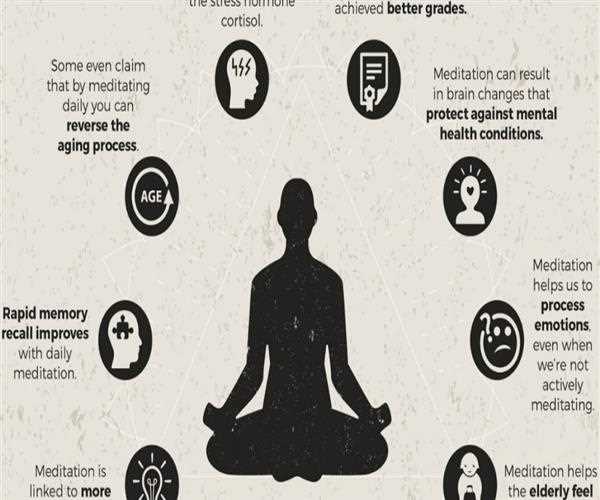The Importance of Sleep
Sleep is essential for our physical and mental health. When we sleep, our bodies repair themselves, our brains consolidate memories, and we process emotions. Lack of sleep can lead to a variety of problems, including fatigue, difficulty concentrating, impaired judgment, and mood swings.
In the short term, sleep deprivation can make us feel irritable, moody, and anxious. In the long term, it can increase our risk of developing chronic health conditions such as obesity, heart disease, and diabetes.
The amount of sleep we need varies from person to person, but most adults need around 7-8 hours of sleep per night. If you're not getting enough sleep, there are a few things you can do to improve your sleep habits.
- Create a relaxing bedtime routine. This could include taking a warm bath, reading a book, or listening to calming music.
- Make sure your bedroom is dark, quiet, and cool.
- Avoid caffeine and alcohol before bed.
- Get regular exercise, but not too close to bedtime.
If you're still having trouble sleeping, talk to your doctor. There may be an underlying medical condition that's affecting your sleep.

The Benefits of Exercise
Exercise is not only good for our physical health, but it also has a number of mental health benefits. Exercise can help to reduce stress, improve mood, and boost self-esteem.
When we exercise, our bodies release endorphins, which have mood-boosting effects. Exercise can also help to improve our sleep quality, which can further improve our mood and cognitive function.
In addition to its mental health benefits, exercise can also help to improve our physical health. Exercise can help us to lose weight, reduce our risk of developing chronic diseases, and improve our overall fitness.
The Centers for Disease Control and Prevention (CDC) recommends that adults get at least 150 minutes of moderate-intensity aerobic activity or 75 minutes of vigorous-intensity aerobic activity each week. The CDC also recommends that adults do muscle-strengthening activities that work all major muscle groups on two or more days a week.
If you're not used to exercising, start slowly and gradually increase the amount of time you spend exercising each week. You can also talk to your doctor about a safe exercise plan for you.
The Power of Words
Words have the power to change our lives. They can lift us up or bring us down. They can inspire us or discourage us.
The words we choose to use can have a profound impact on our thoughts, feelings, and actions. When we use positive words, we tend to feel more positive and optimistic. When we use negative words, we tend to feel more negative and pessimistic.
The words we use can also affect the way others perceive us. When we use positive words, we tend to be seen as more likable and trustworthy. When we use negative words, we tend to be seen as less likable and trustworthy.
So, the next time you're feeling down, try using some positive words. See how they make you feel. And the next time you're interacting with someone, be mindful of the words you use. Choose your words carefully, because they have the power to change lives.